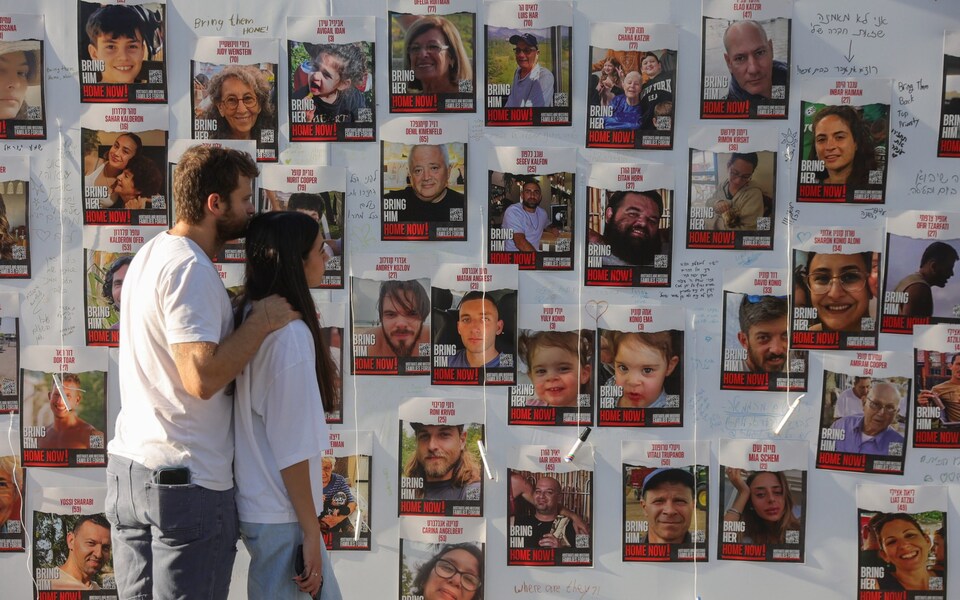In a statement on Tuesday, Ziad al-Nakhala criticized the method used by the Israeli regime to secure the release of captives held by the Islamic Jihad in the Gaza Strip.
Nakhala stated the tactics may push the resistance group out of any deal with Israel and force it to keep the captives it holds “for better circumstances.”
The comments came five days after the Islamic Jihad released a video of two Israeli captives and said it was ready to release them on humanitarian and medical grounds if the Israeli regime met conditions set by the group for a prisoner exchange.
The captives are among more than 240 Israeli settlers and military personnel that were taken by resistance forces during a blitz on October 7 into the Israeli-occupied territories near Gaza.
Most of the captives are held by Hamas, the dominant resistance movement in Gaza which orchestrated the unprecedented operation against Israel.
The exchange of the captives with thousands of Palestinians held in Israeli jails is among the main conditions set by resistance groups for agreeing to ceasefire in Gaza where the Israeli regime has been involved in a relentless military campaign against the civilians for more than five weeks.
Hamas announced on Sunday that it had suspended prisoner exchange talks with the Israelis in response to the escalation of the regime’s crimes in Gaza.
A Palestinian source later told Reuters that prisoner exchange talks had been halted because of Israel’s imposition of a siege on al-Shifa Hospital, the largest hospital in Gaza, where thousands of patients and refugees have been housed in recent weeks.
More than 11,500 people have been killed in Israel’s attacks on Gaza since early October. That comes as the regime has imposed a total blockade on the territory by preventing food, fuel and medical supplies from reaching the people in need.
